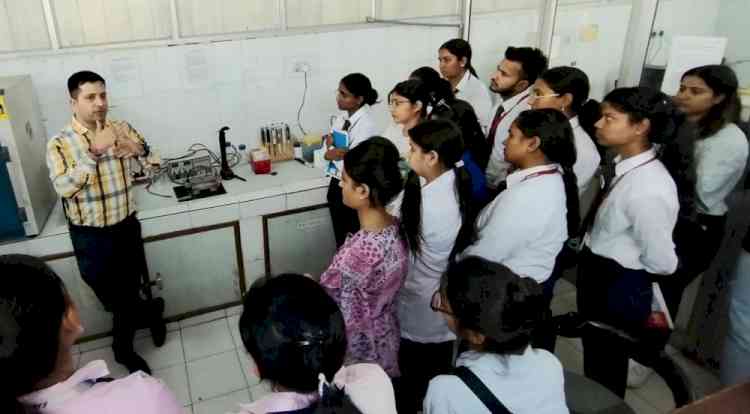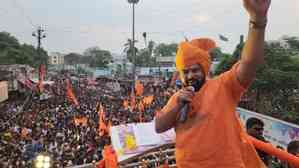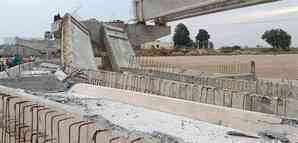No new taxes in Jaitley's Rs.36,776-crore budget for Delhi
New Delhi, July 18 (IANS) Finance Minister Arun Jaitley Friday presented Delhi's budget for the current fiscal with a total outlay of Rs.36,776 crore, proposing a new speciality hospital and 100 ambulances for accident victims, while keeping...

New Delhi, July 18 (IANS) Finance Minister Arun Jaitley Friday presented Delhi's budget for the current fiscal with a total outlay of Rs.36,776 crore, proposing a new speciality hospital and 100 ambulances for accident victims, while keeping tax rates unchanged.
The budget, presented in parliament, also proposes Rs.260-crore power subsidy for small consumers, ranging from Rs.0.80-Rs.1.20 per unit, four new sewage treatment plants, 50 dialysis centres and Rs.2,400 crore for education.
The task, normally carried out in the assembly, had to be taken up by the union finance minister as the state is under president's rule. Jaitley said the city-state will also get community toilets for slum dwellers, more night shelters and low-floor buses.
"No new taxes have been levied in this budget," the finance minister said. Turning to specific proposals, he said: "Considering the increased number of accident and trauma cases, 110 mobile ambulances will be deployed."
In the interim budget presented by the United Progressive Alliance (UPA) government, the state was allotted an outlay of Rs.32,732 crore. The central assistance has been kept at Rs.349 crore, which is Rs.682 crore lower than the previous year's Rs.1,031 crore.
The finance minister's budget proposals on power subsidy come against the backdrop of a revision of tariff announced by the regulator the day before.
It allowed tariff hike of 15 paise on consumption between 201 and 400 units, 50 paise between 401 units and 800 units, Rs.1.10 between 801 and 1,200 units and Rs.1.75 for consumption beyond 1,201 units.
At the same time, the Delhi Electricity Regulatory Commission scrapped a levy imposed on consumers, called the power purchase adjustment cost (PPAC) fixed at 6-8 percent for all consumers, to bring down the actual tariff for small consumers.

 cityairnews
cityairnews 
















